Former U.S. President Donald Trump currently faces four major trials in court, calling skepticism towards the legitimacy of his political and business affairs. In two years, three separate prosecutors charged the former president with 44 federal and 44 state felony charges. Trump pleads not guilty to all 88 felony charges.
40 Federal counts – The Classified Documents Case
On August 8, 2022, the FBI raided Mar-a-Lago, Trump’s primary residence. U.S. Attorney General Merrick Garland authorized the search warrant as part of an investigation alleging Trump of illegally taking and improperly storing classified documents at Mar-a-Lago. Special Counsel Jack Smith, the prosecuting attorney and former investigator at ‘The Hague,’ charged Donald Trump with “40 federal counts of retaining sensitive national security documents … after leaving office in 2021,” as well as obstructing government efforts to retrieve them. U.S. District Judge Aileen Cannon – who currently oversees the trial and was appointed by Donald Trump – as of May 7, 2024, has indefinitely delayed the trial. Because of the indefinite delay, Trump is unlikely to face a trial or jury before the U.S. Presidential Election on November 5.
4 Federal Counts – The January 6th Capitol Attack
On January 6, 2021, two weeks before Joe Biden inauguration, Trump voters converged upon and attacked the U.S. Capitol building, demanding the election be overturned. At the same time, Trump delivered a speech to Washington where he calls on his supporters to head to the capitol building: “I know that everyone here will soon be marching over to the Capitol building … We fight. We fight like hell and if you don’t fight like hell, you’re not going to have a country anymore. So let’s walk down Pennsylvania Avenue.”
Over two years later, on August 1st, 2023, Jack Smith announced an indictment and four felony charges against Donald Trump and six unnamed co-conspirators: conspiracy to defraud the U.S., conspiracy to obstruct an official proceeding, obstruction of and an attempt to disrupt an official proceeding, and finally conspiracy against rights. The final charge, “conspiracy against rights,” originates from the Civil War era, when it was passed in an attempt to stop organizations like the Ku Klux Klan from intimidating and harassing black voters.
Trump has since appealed all four charges, arguing a case of “presidential immunity” from being held accountable for his own crimes. On April 25, the Supreme Court heard Trump’s presidential immunity case. Justice Sonia Sotomayor asked Trump’s defense, “Could a president order SEAL Team Six to assassinate a political rival? That is an official act, an order to SEAL Team Six,” to which Trump’s lawyers reluctantly said “yes.” Justice Sotomayor later asked if the President could order the military to stage a coup, to which Trump’s lawyers also said yes.
Seven of the justices, excluding Clarence Thomas and Samuel Alito, expressed skepticism that Trump should be absolutely immune from criminal prosecution. While the court is yet to release a decision on the case, the justices will likely create a criteria discerning between
“official” and “private” acts as President, effectively giving the President partial immunity to crimes.
10 State Counts – The Georgia Phone Call
On January 2nd, four days before the January 6 United States Capitol attack, then President Donald Trump called the Georgia Secretary of State and asked him to “find 11,780 votes.” After a recording of the call leaked, Fulton County District Attorney Fani Willis launched an investigation, charging Trump and 18 others with six felony counts of conspiracy, two felony counts of false statements and writing, one felony violation of the Georgia RICO Act, and one felony filing of false documents. So far, three of the indicted have accepted plea bargains: Scott Hall and Sidney Powell, a former lawyer for Trump, pled guilty to five misdemeanor counts of conspiracy to interfere with election duties, and Jenna Ellis, Trump’s former campaign legal advisor, pled guilty to one felony charge of aiding and abetting false statements.
34 State Counts – The Hush-Money Case
Former President Trump’s fourth criminal trial – although seemingly the most tame – is the most likely where Trump will be found guilty. Trump faces 34 counts of falsification of business related to a $130,000 hush-money payment made to adult film actress Stormy Daniels.
The act of paying “hush-money” is not itself a crime, nor is falsification of business records typically a felony – but the Manhattan District Attorney alleges that the two actions are intrinsically linked, and done to “commit or conceal” a second crime. Ultimately, the prosecution accuses Trump of “orchestrating a broader scheme to influence the 2016 presidential election by directing allies to purchase damaging stories about him to keep them under wraps.”
Between the indictment and the present, Trump attacked Judge Merchan’s integrity and family through campaign emails, social media, and legal filings. Trump also attempted to release names from the jury pool, potentially threatening the jury. As a result, Judge Merchan issued a “gag order” on President Trump, which if violated repeatedly could result in jail time. Michael Cohen, Trump’s disbarred former lawyer who served as an attorney for Trump from 2006 to 2008, allegedly made the payment to Stormy Daniels. The prosecutors claim Donald Trump reimbursed Michael Cohen in a fraudulent manner by citing the payment as a legal expense and including a “fictional retainer agreement.”
On May 7, 2024, Stormy Daniels testified in front of the court; she claimed Trump invited her to a business meeting. After using the restroom, Daniels emerged to find Trump in his undergarments “[standing] up between [her] and the door,” adding that she was shaking while getting redressed, and would make sure to have future meetings with Trump in public.
In the same testimony, Stormy Daniels confirmed that Michael Cohen paid her $130,000 to not go public with the information, adding that “she was not truthful when she denied that she had an affair with Trump in statements released in 2018 after the hush money payment became public.” Donald Trump’s lawyers accused Stormy Daniels in court of lying for profit and attempting to tarnish Trump’s name, rather than refuting her claims. As of May 8, 2024, Stormy Daniels will return to the court to continue a cross examination.
In New York State, felony falsification of business records is a “class E” felony, meaning for each of the 34 felony charges, Trump could face between one and five years in prison – totalling to a range of 34 and 170 years. Should Trump be convicted, the number is likely to be much lower, as a judge will typically consider only some charges, or allow the defendant to serve time “consecutively,” meaning all 34 felony charges will be served at once.
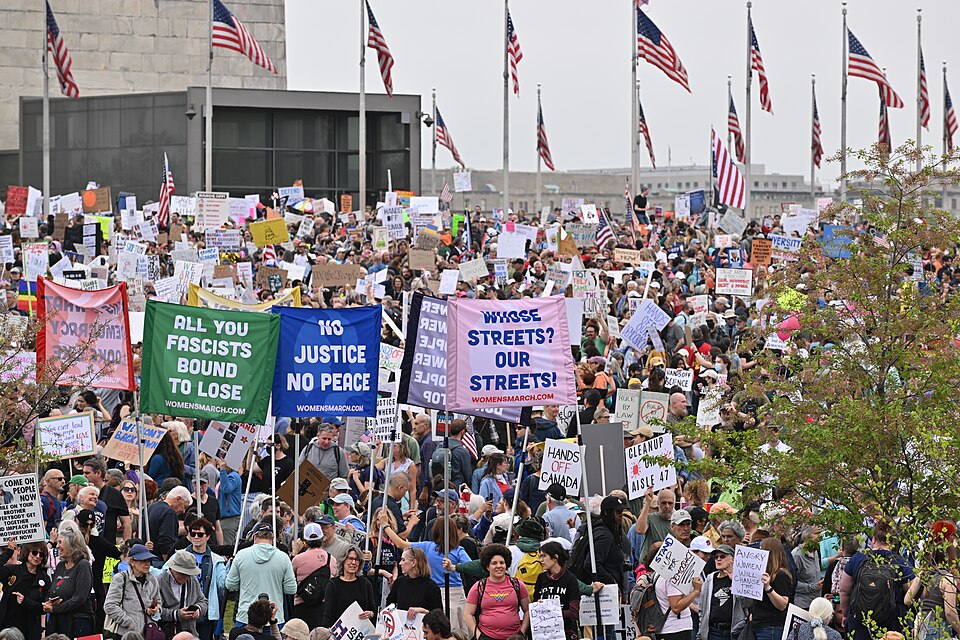






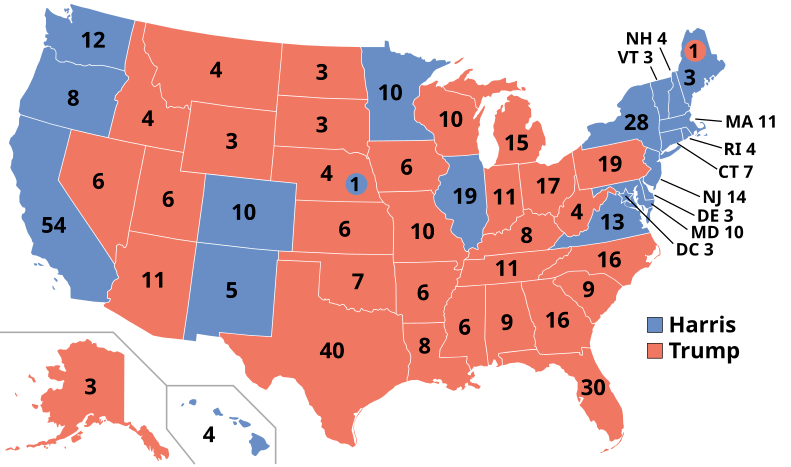

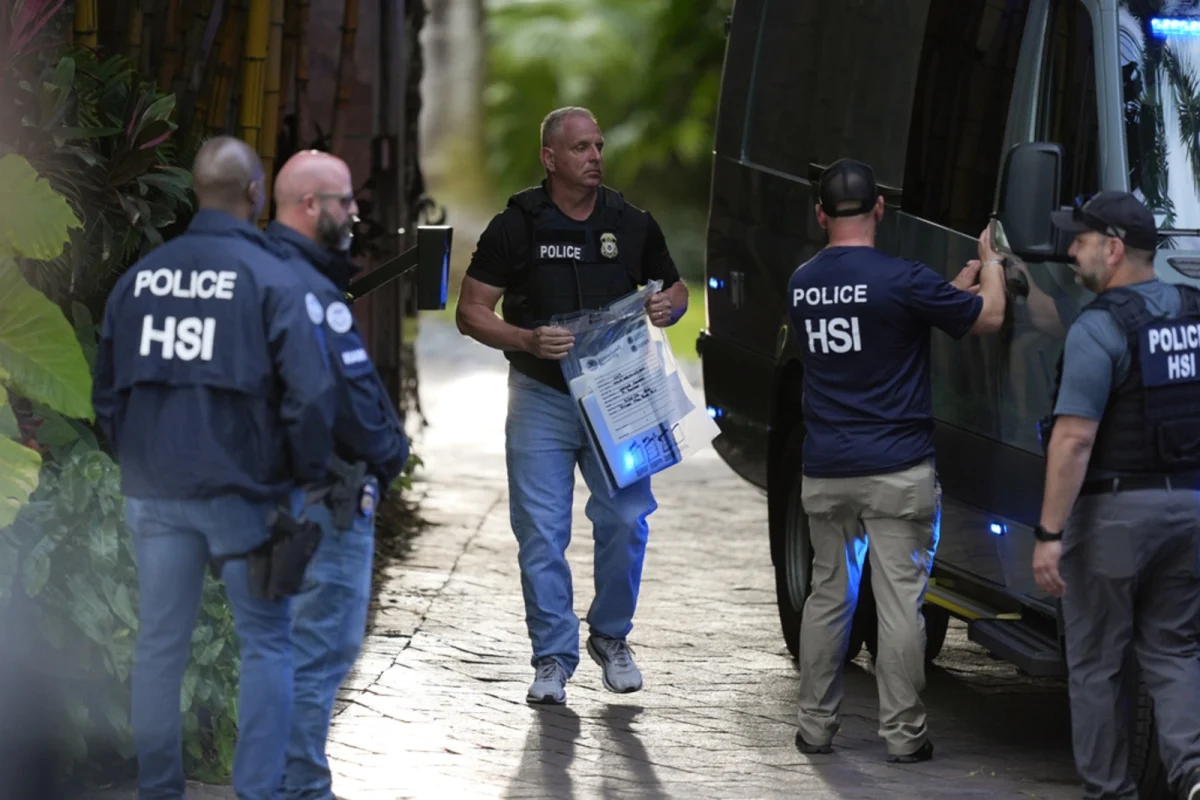
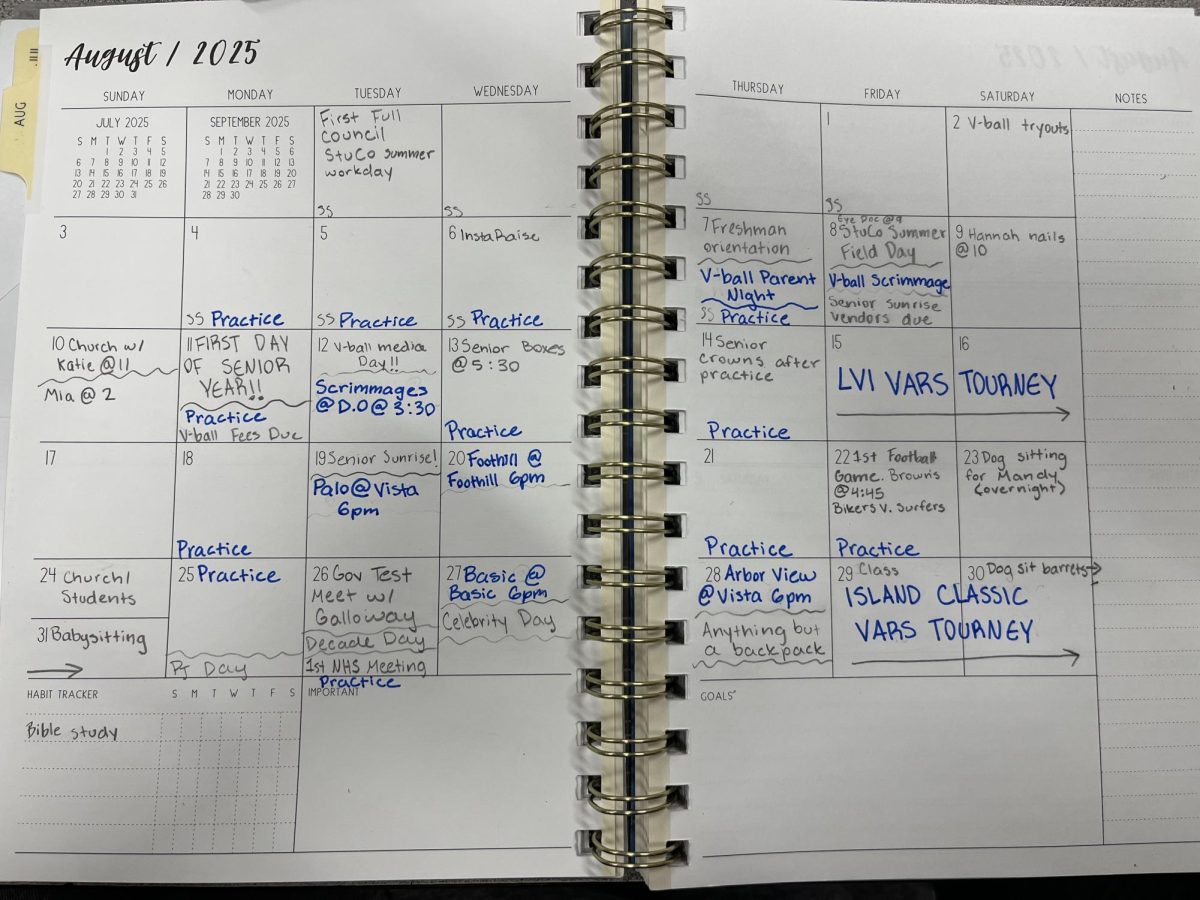




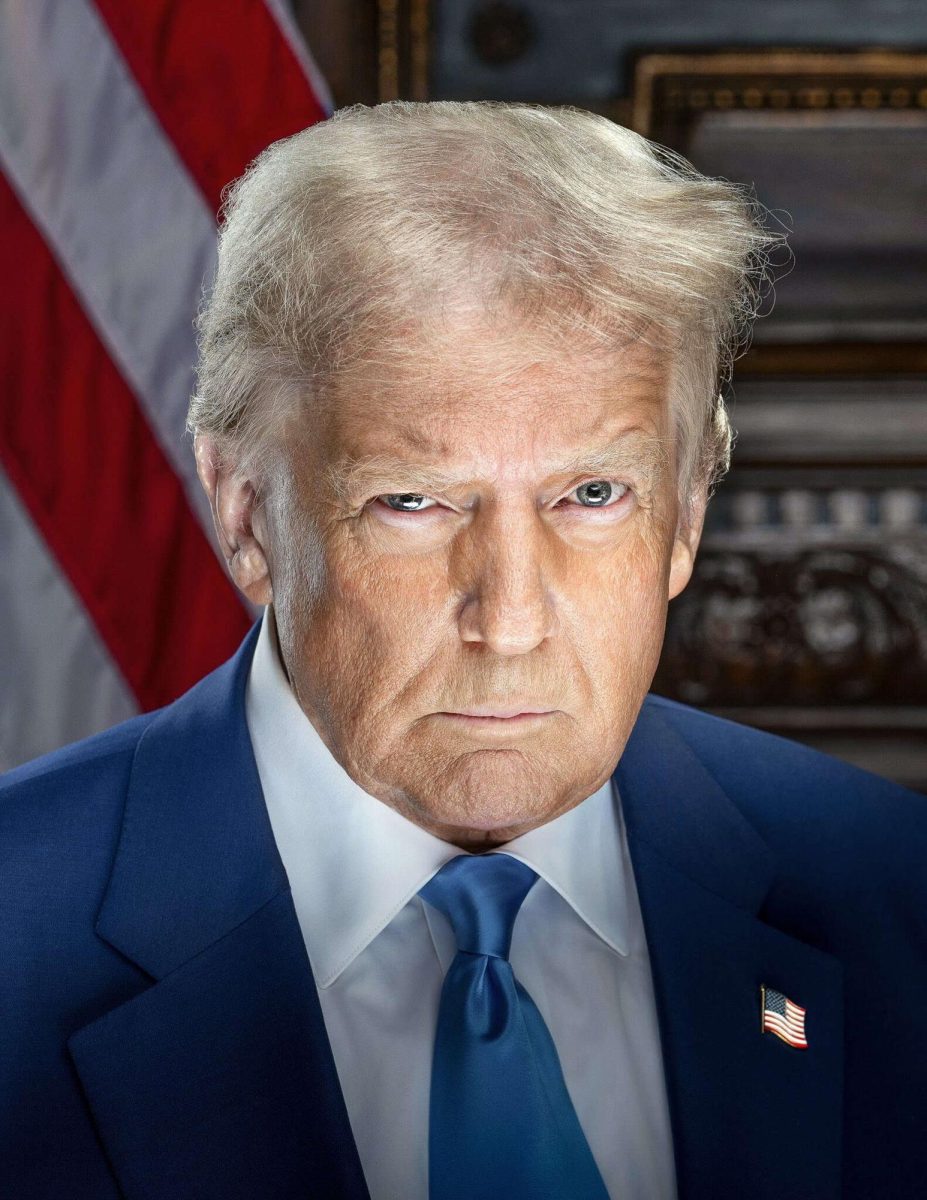
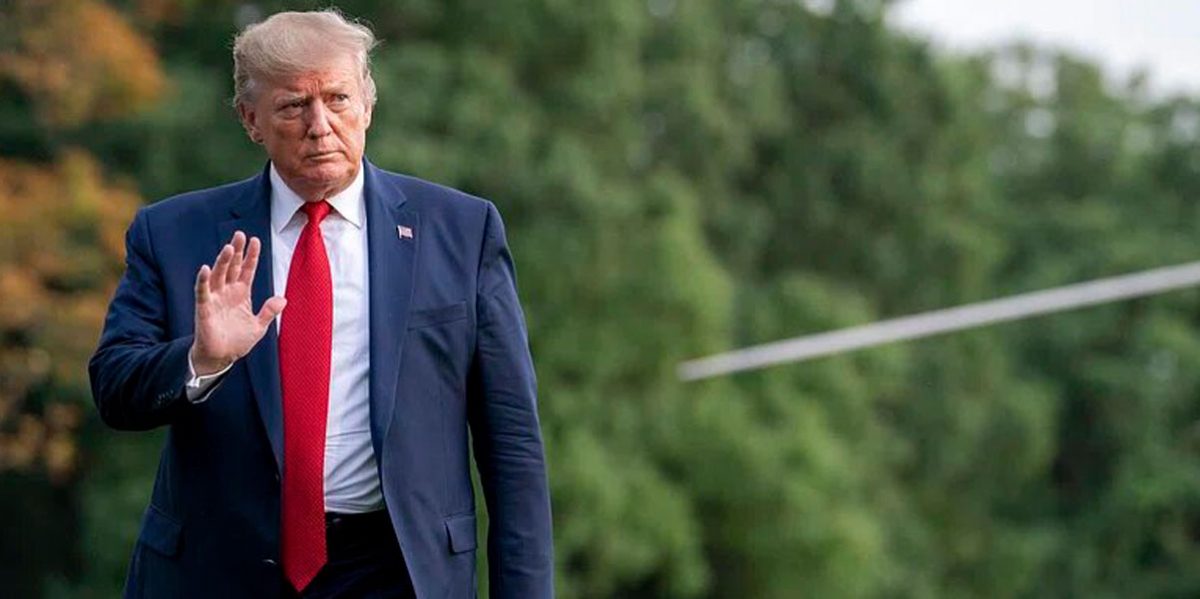













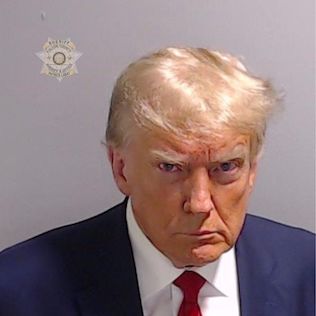


Renzo • Sep 23, 2024 at 9:38 am
Excellent reporting! Great work! This is news, so much of what we see in the news is not news. Keep up the good work.